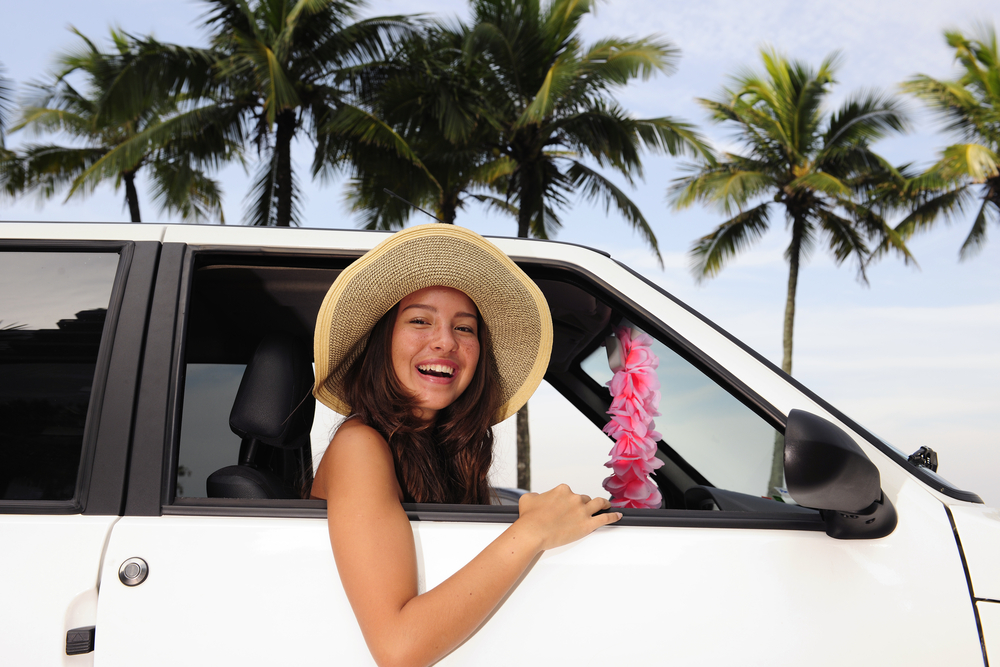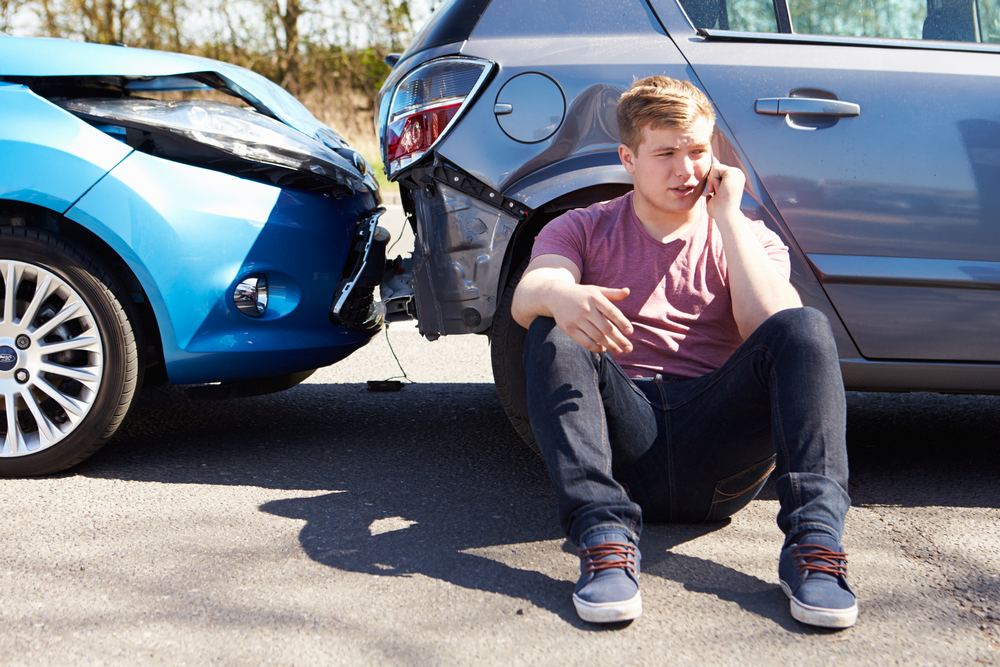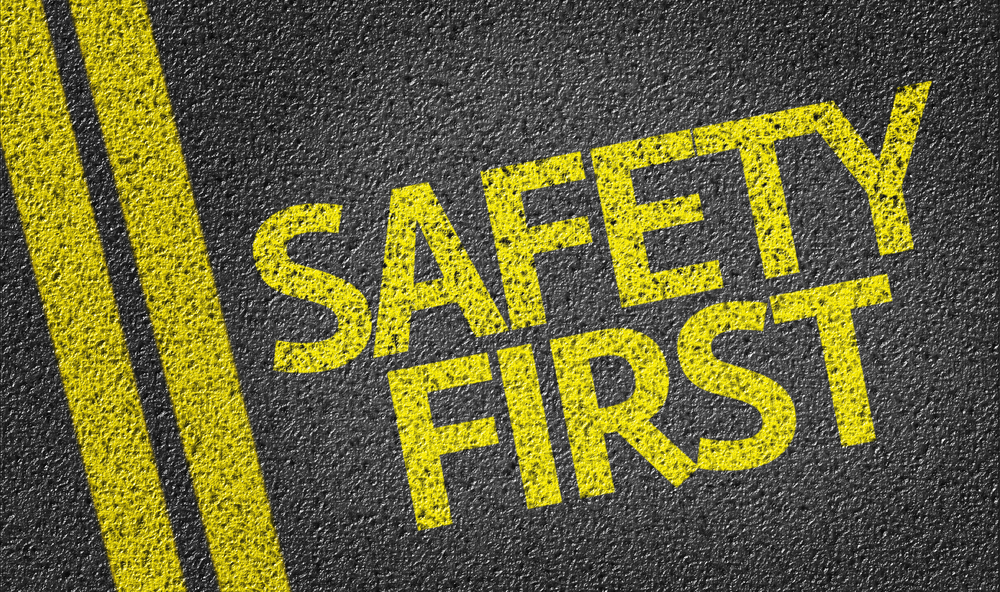
Driving in Europe: make sure you're insured
Before you travel abroad, you should always check your insurance policy details, as different insurers will have different restrictions.

Some insurers won't even provide cover for those under 25, which could ruin your plans for a fun summer road trip.
With Diamond car insurance, you're covered to drive abroad in the following countries:
- Andorra, Austria, Belgium, Bulgaria, Croatia, Czech Republic, Denmark, Estonia, Finland, France, Germany, Greece, Hungary, Iceland, Italy, Latvia, Liechtenstein, Lithuania, Luxembourg, Malta, Netherlands, Norway, Poland, Portugal, Republic of Cyprus, Republic of Ireland, Romania, Slovakia, Slovenia, Spain, Sweden and Switzerland
- You don't need to call us if you are driving to any of these countries, but you do need to take your certificate of motor insurance with you.
Your policy with Diamond automatically covers you for a period of 30 consecutive days in any one trip, and up to a maximum of 90 days in a year.
However, you would need to call us if you thought you were going to exceed these as we might be able to arrang additional cover for you (subject to our underwriting criteria and a charge).
Your car will also be covered while it's being transported by air, sea or rail between those countries.
It's always worth checking whether your breakdown policy covers you abroad. If it doesn't you can either extend yours to include European cover, or you can purchase a cheaper temporary European breakdown policy for a single trip abroad.
If you want further information about your policy, contact the Customer Care team on 0333 220 2004.
Do I need a Green Card to drive in the EU?
The UK government has confirmed that Green Cards are no longer required to drive in:
- Countries in the European Union (EU)
- Countries in the European Economic Area (EEA)
- Andorra
- Bosnia & Herzegovina
- Serbia
- Switzerland
We don't supply Green Cards for any other country.
In the event of a claim

You'll have the same level of cover in Europe as you do in the UK, whether that's comprehensive, third party or third party fire and theft. Therefore, you need to bear in mind what your policy covers and any excesses involved in the case of a claim.
If you're involved in an accident abroad which has caused damage or injury, you'll be required to give evidence of your travel, so it's extremely important to keep a record of all your documents regarding your trip arrangements.
You should take down the following details of the driver(s) who are involved in the incident:
- Name and address
- Vehicle registration number - this is particularly important so that we can chase their insurer.
We also recommend making a note of the following details, as this will help get your insurance claim sorted faster:
- Photos of the incident and of the cars involved
- Details of emergency services, if they attend the scene.
Four points of extra advice
1. If you're involved in an accident abroad while driving your own car, you should always call the police as it is the law in most countries that the police must attend any accident involving a foreign vehicle.
2. You should also be aware that in some countries you may have to pay for emergency services. In this case, keep any documents you are given as you will have to submit these to your insurer.
3. If you have an accident with another foreign national, we recommend you take a picture of their Green Card.
4. If you are involved in an accident with a lorry, make sure you get the registration number of the cab and the trailer, as quite often they have different number plates.
The agreed statement of facts on motor vehicle accident
The agreed statement of facts on a motor vehicle accident is a form which all drivers in Europe keep in their car in case of an accident. It is particularly useful if you have an accident and want to record the details and communicate with the other party, who perhaps only speaks French.
Print out a copy to take with you on your trip.
Here are some key facts you need to know about it:
- The form is called different things in different countries - it's sometimes called the 'European Accident Statement'
- The form is split into two sections and each driver must fill out their section in the event of an accident
- The English language form that you take with you is for translation purposes only, so don't fill this one out
- If you sign anywhere without ticking the boxes, you are agreeing to the other driver's version of the event - so don't do this!
- It's essential to add your own version of events, so we can give you the correct claim amount
- In some countries the statement can be overridden by the police if they attend the accident
- The form has a front page as well as two carbon copies on the back. You only need to tear off one of the carbon copies and send it to us.
Be safe

While a road trip with your friends to Europe may be the high point in your summer holidays, it's important to be cautious when driving abroad and understand the potential risks.
Have a read of our three top tips to keep you safe when driving abroad:
1. Drive on the right side of the road
This may seem like a silly mistake to make, but it can be all too easy to turn left as you pull out of a petrol station, or give way to the right on a roundabout. Check this guide for more information about road signs and traffic when driving in Europe.
2. Keep valuables hidden
According to the International Association of Auto Theft Investigators, over 2,700 vehicles are stolen every day throughout Europe and more than 50% of these stolen vehicles are never recovered. If you are unsure about security within your headed destination, you can check out advice from the Foreign Office. Also, if you have an emergency, other than a breakdown, call the number 112, which works in all member states.
3. Emergency cash
Always carry some spare cash for each country you're visiting. If you find yourself in a non-residential area, it may be the case the petrol station or shop won't accept debit or credit cards.
Make sure you're legal

Whether you're planning to go to the Tomorrowland Festival in Belgium or the Soundwave festival in Croatia, you should always check the laws of the roads in the countries you are visiting.
In some places you may be required to carry extra equipment, such as:
- A red triangle
- A reflective vest
- A first aid kid
- Spare bulbs
You'll also need a UK sticker for your car (unless it's already on your registration plates).
If you're travelling in Europe in the winter months, make sure you're prepared for difficult driving conditions by purchasing snow tyres and chains before your departure.
The EU also has stricter laws around maximum drink driving limits and using a mobile when driving.
In addition, speed cameras are more common in Europe, so make sure you stick to the limit at all times!
Finally, tolls on major routes are common, so it can be cheaper to look into buying a prepaid card or pass.

